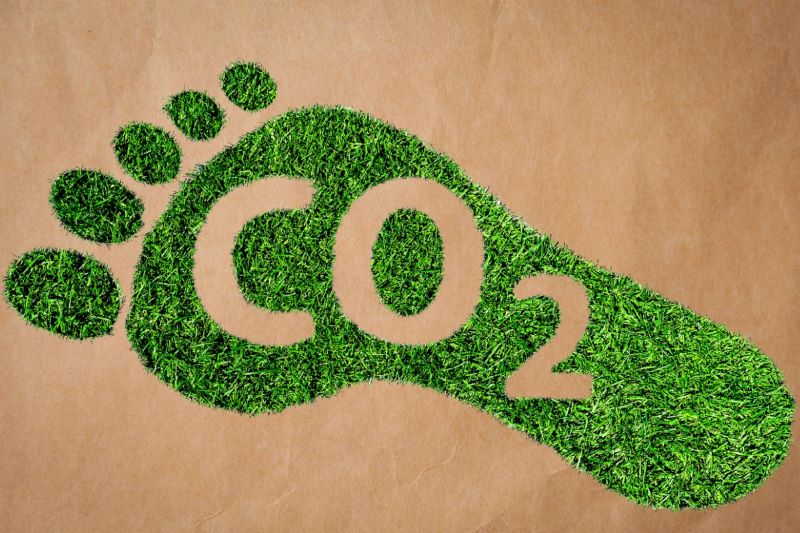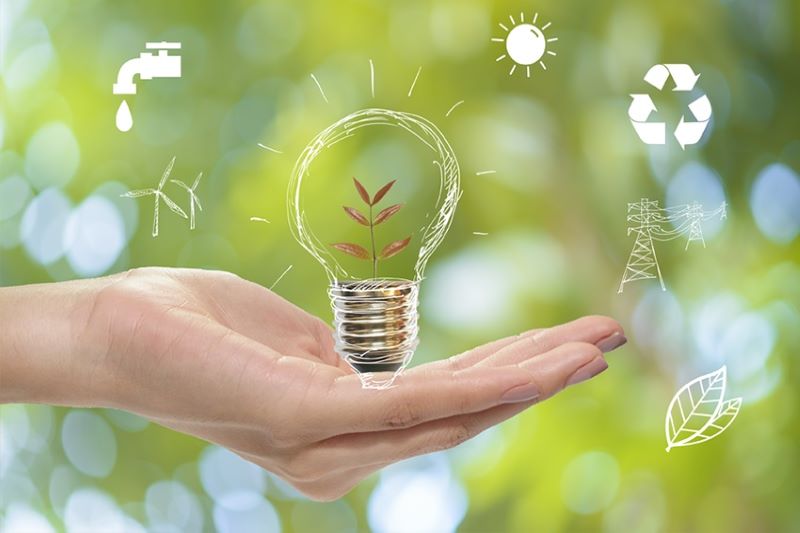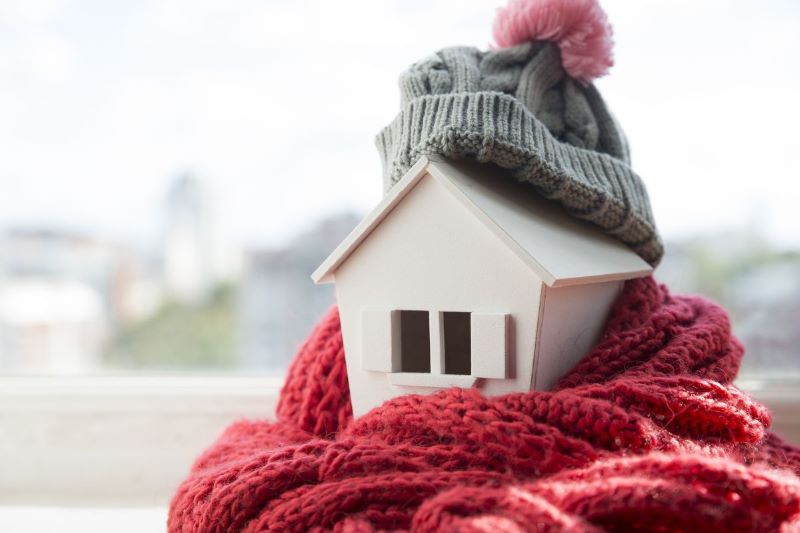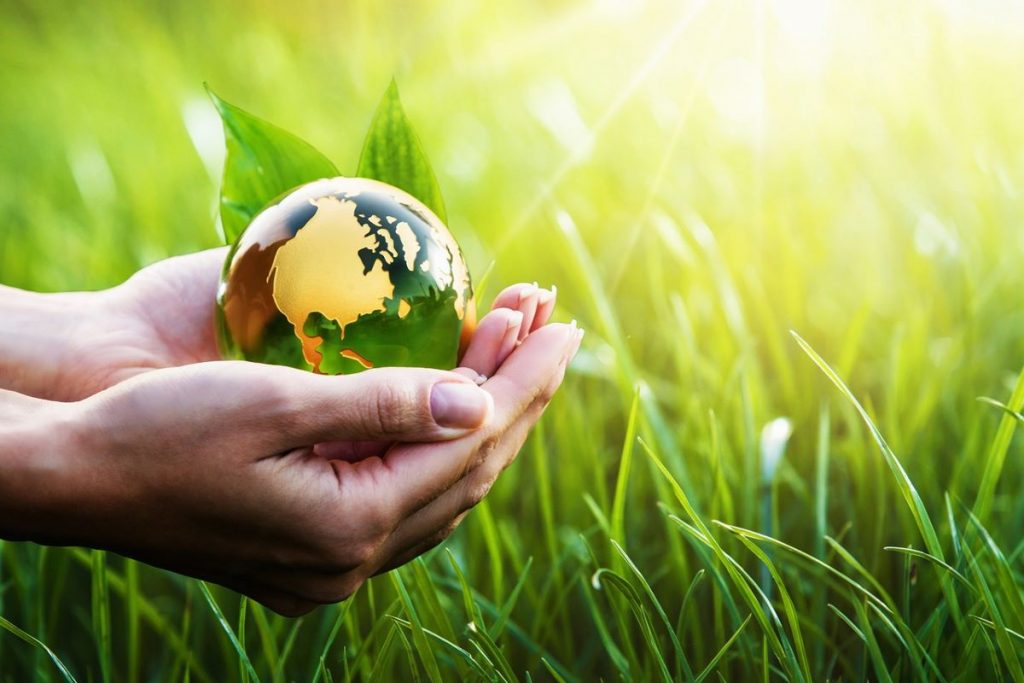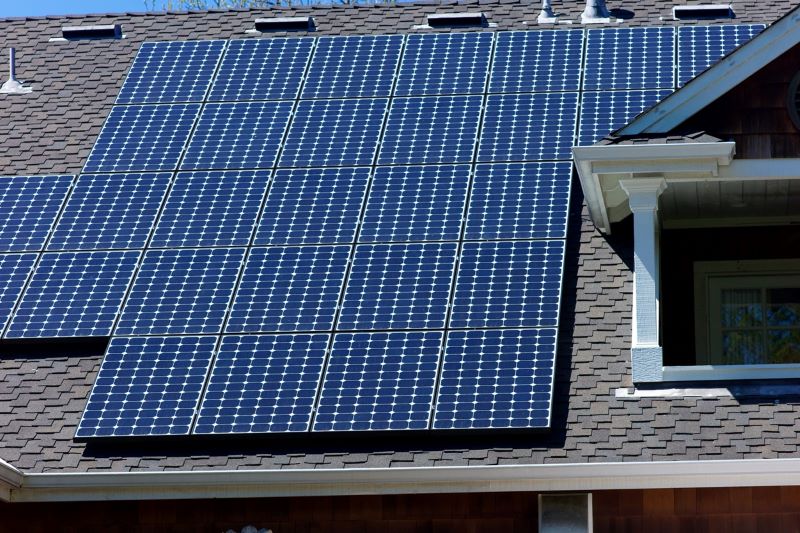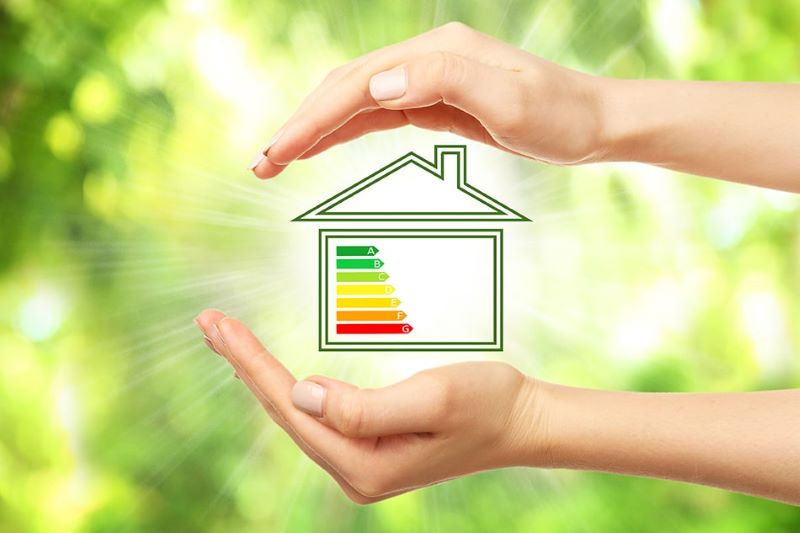Table of Contents
What happens when you throw a single piece of paper? Does this mean that only this much waste is generated or does this mean that not only are you encouraging waste generation but are also causing deforestation and the many other adverse environmental conditions? The latter seems to be true.
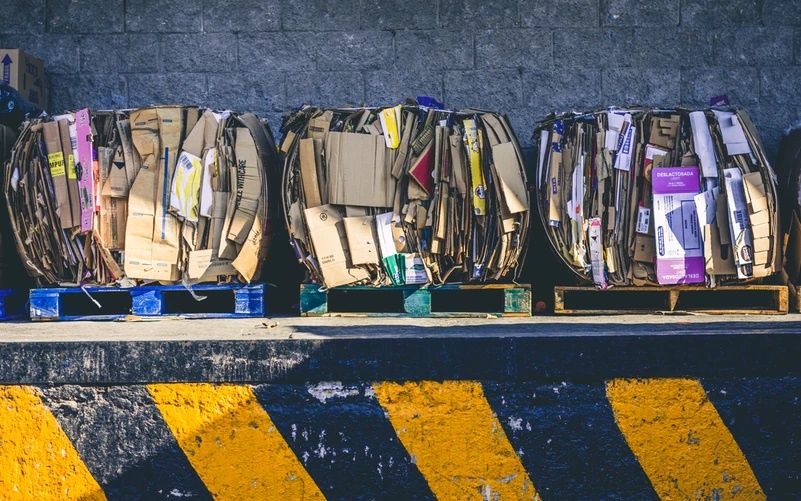
Carbon footprint is the waste print that a person leaves in the environment. It consists of energy consumption and physical waste generation. The statistics have entered double digits (tonnes) per person per annum, which has raised the significance of finding creative methods that can reduce it noticeably. Apart from having different methods for different types of waste, we need to change our mindset towards it as well. Efficient waste disposal is essential to make sure you don’t cause irreparable damage to the environment.
You don’t have to be afraid of changing conventional methods or beliefs and neither should you presume that one man cannot change the world. Look at the history of the world; leaders were alone at first, and due to their determination & strong belief, others followed, and it changed the world for the better.
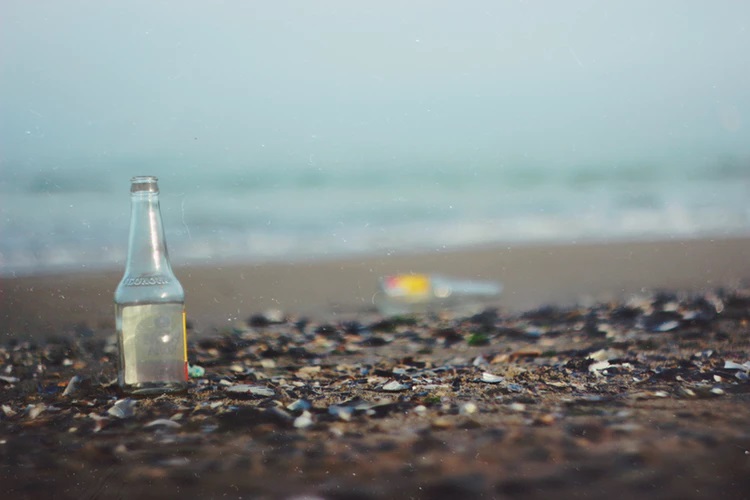
Read on to learn about creative methods to recycle and reuse waste to reduce carbon footprint and prevent energy exploitation, as summarized by TDS Safeguard experts:
1. Carry your own containers and bags
Are you worried about the snide comments that you may receive if you carry your own containers or bags for a takeaway? Do you know how useful this practice is? Not only will it reduce the consumption of millions of containers produced every day, but will also make you feel good about doing something for the environment. It is believed that the demand for containers is increasing because no one realizes the consequences, and if the demand is reduced significantly, production will decrease too. At first, people may stare at you or even comment, but with time, they will realize that it is the right thing to do.
2. Reusing wastewater for other purposes; conserving water
Washing fruits and vegetables before consumption are advisable to clean off the dirt and chemicals, but what do you do with the wastewater? There are no major toxic contaminants or dirt particles in these types of wastewater, which makes it possible for you to use them for purposes like mopping the floors, watering the garden or cleaning windows, etc. The Japanese found another way of reducing our water consumption by filling a 1-liter water bottle and placing it in a flush tank. This method will make sure that instead of using 10 liters of water for every flush, we use 9 liters. If you consider all the tanks in your house, all the houses in your area, and all the areas in the world, then the number will surprise you.
3. Say no to disposable utensils and stationery
Use-and-throw pens, notebooks, and many other disposal stationery amounts to severe levels of waste. With the advent of technology, we have been introduced to high-tech computers and equipment that can be efficiently utilized to be able to say no to disposal stationery. Why write, when you can type? Why print, when you can send emails? Why use pens and pencils, when you can use MS word? Questions like these and many more will make you realize the insignificant use of stationery, which is not only increasing our carbon footprint but also lowering our pace. Similarly, using plastic spoons, forks, bowls, and plates is extremely hazardous for the environment because, as we all already know, plastic is non-biodegradable and amounts to unbelievable tonnes of waste around the world.
4. Create appealing labels and structures from waste
Have you seen the Rock Garden in Chandigarh, India, or Garbage Museum in Stratford, USA? These two and many more such recycling wonders show the world how waste can be used beautifully and creatively. Although it does not affect waste generation in any way, it offers a wonderful disposal method. Mostly, junk is looked down upon and considered an ugly sighting; however, these wonders have proved it wrong entirely.
5. Plastic, paper, and fabric
Say no to plastic, talk less with paper and hug fabric tightly!
It is a common formula to understand that plastic products need to be avoided entirely, paper products need to be used less than usual, and fabric products should be used as much as we want. It is an obvious statement that plastic is non-biodegradable and affects the environment severely, while paper and fabric are biodegradable; however, paper products have a lower shelf life as compared with fabric products. E.g. plastic poly bags vs polythene bags vs paper bags vs cloth bags and paper tissues vs towels. These examples are enough to prove the above statement precisely.
6. Accepting digitization with open arms
As already mentioned above, technology can help everyone lower their carbon footprint notably. A universal remote control for all the appliances in the house will decrease the manufacture of individual remote controls. Similarly, efficient methods can be used to utilize the resources at our disposal to make sure that not only will they lower your costs, but will also keep a check on resource consumption and waste production.
7. Conserve energy wherever possible
Switching off the lights, fans, and thermostat when no one is in the room, using methods that can reduce energy wastage, preferring to walk, instead of using fuel-dependent vehicles and many more such techniques will help you to conserve energy wherever possible and will also keep a check on your carbon footprint. If you are concerned about your energy consumption and are willing to do something to minimize it, then you are one step ahead of everyone else, who is not even thinking about reducing your carbon footprint.
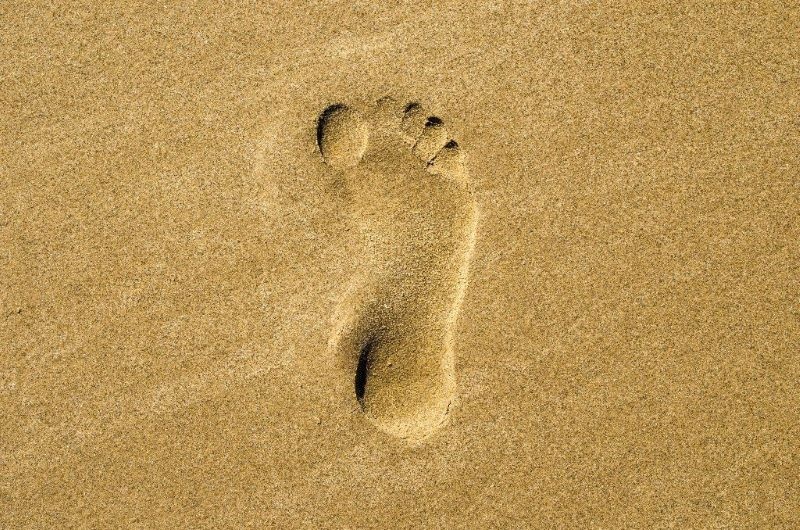
“One small step of man, one giant leap for mankind”. Neil Armstrong said this when he stepped on the moon; however, it can be interpreted in so many ways. Here, it can be interpreted as even if one person decides to do something about their waste generation, then also it can make a significant difference in the world. All we need is small steps towards a cleaner environment; a better future for all.
It is never too late to initiate; start now!
